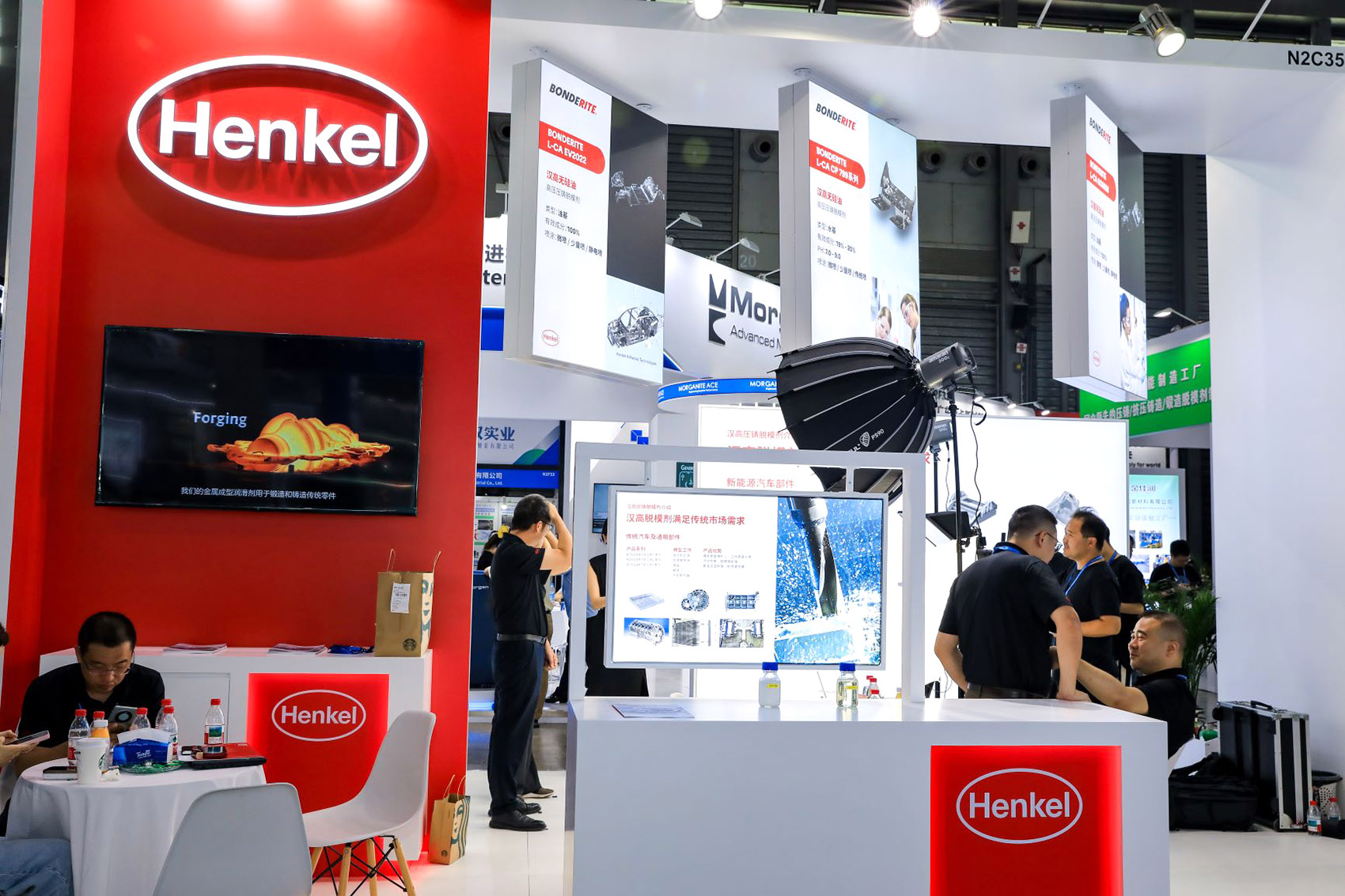Long-standing ties in manufacturing, clean energy, digital sectors key growth driver

Trade ties between China and Germany will continue to strengthen, driven by advances in high-end manufacturing and green industries, as well as Germany's efforts to cultivate stable, long-term growth partners amid intensifying trade frictions with the United States, said market watchers and business leaders on Monday.
They made the remarks after Germany's Federal Statistical Office reported in late October that from January to August, Germany's exports to the US totaled 101 billion euros ($116.5 billion), down 6.5 percent year-on-year.
Exports in August alone fell 20.1 percent year-on-year to 10.9 billion euros, the steepest decline since November 2021. Imports from the US reached 63.4 billion euros, bringing the total eight-month bilateral trade to 164.4 billion euros.
READ MORE: China, Germany financial cooperation yields fruitful results
By contrast, two-way trade between Germany and China proved more resilient, rising to 166.3 billion euros during the same period.
Zheng Chunrong, deputy secretary-general of the Chinese Association for European Studies in Beijing, said the shift underscores how escalating US tariffs and trade barriers are curbing Germany's export strength.
Under a trade agreement that came into force on Aug 1, the US imposed a 15 percent tariff on most exports from the European Union. The Berlin-based Federation of German Wholesale, Foreign Trade and Services said the US tariff policy has been a major factor behind the export slump, citing a sharp decline in demand for German-made cars, machinery and chemicals.
Zheng said that the continued expansion of China-Germany trade reflects both sides' strong industrial complementarity and longstanding cooperation in manufacturing, clean energy and digital transformation.
He noted that while geopolitical and tariff tensions have disrupted traditional supply chains between Europe and the US, China and Germany share deep industrial linkages — from automotive parts and machinery to chemicals and green technologies — that provide a solid foundation for stable, mutually beneficial trade.
Wan Zhe, a professor specializing in foreign trade at Beijing Normal University, said as Germany looks to offset shrinking exports to the US, its companies are increasingly expanding investment and innovation partnerships in China.
"Both sides can further strengthen cooperation in advanced manufacturing, electric mobility and low-carbon industries, which will inject greater resilience into their industrial and trade ties," said Wan.
Upbeat about the Chinese market, Anna An, president of the China unit of Henkel, a German industrial and consumer goods group, said that after acquiring a Chinese cosmetics manufacturer in Suzhou, Jiangsu province, in March, the group soon launched the second phase of its expansion and upgrading project there.
"By adding land and introducing cutting-edge production equipment, we can further enhance our capacity and build an advanced manufacturing base geared toward the future," said An, adding that Henkel also put a new packaging recycling assessment and testing center into operation in Shanghai in September to help promote China's green transition toward circular packaging reuse.
In addition to exporting its products manufactured by its plants in China to Japan, South Korea and many Southeast Asian countries, Henkel, a seven-time participant at the China International Import Expo — to be held in Shanghai from Wednesday to Monday — will showcase its adhesive technologies and personal and home care products at a 150-square-meter booth.
ALSO READ: Chinese automakers drive European push at Munich
Huang Feng, president of Ningbo Self Electronics Co Ltd, a manufacturer of LED lighting products in Ningbo, Zhejiang province, said that as more German households and businesses place greater emphasis on using eco-friendly products, his company plans to export more customized green lighting solutions to Germany in the coming years.
From January to September, the Chinese company recorded a year-on-year export increase of over 30 percent, with shipments to Germany maintaining a similarly strong growth pace, according to Ningbo Customs.
Data from China's General Administration of Customs showed that China-Germany trade grew by 3.8 percent year-on-year to $157.07 billion between January and September, underpinned by strong industrial linkages and growing collaboration in high-end manufacturing and green technology.
Contact the writers at zhongnan@chinadaily.com.cn


